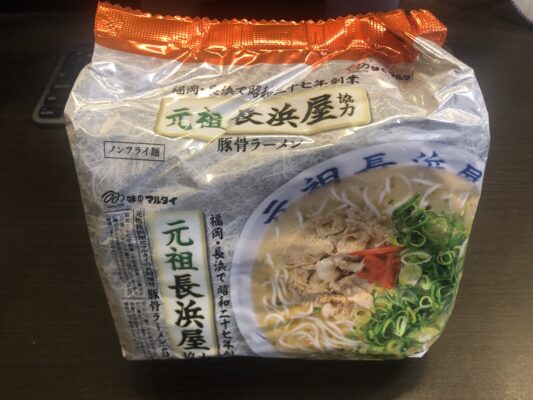Original Nagahama Ramen “Ganso Nagahama-ya,” commonly known as “Gannaga.”
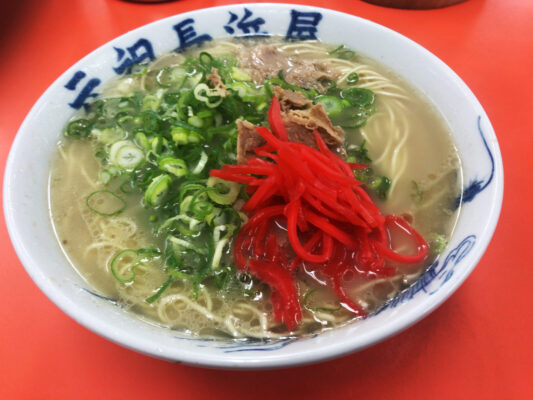
This article may contain product promotions.
Information is as of publication and may be outdated.
Before discussing the Ganso Nagahama-ya, let’s first explain the position of Nagahama Ramen.
Fukuoka’s tonkotsu ramen is currently categorized into three main types: Nagahama Ramen is one of these, alongside “Kurume Ramen” and “Hakata Ramen”.
Kurume Ramen
The origin of tonkotsu ramen is said to be in Kurume City, Fukuoka Prefecture. It started as a light broth but gradually became richer, leading to the current “kotteri” (rich and creamy) style. The present-day features of Kurume Ramen include.
- The “Nankin Senryo” originated from this style of ramen, starting as a food stall.
Nagahama Ramen
Nagahama Ramen, born in the Nagahama area facing Hakata Port, is a light-flavored ramen enjoyed by fish market workers. Shops open early, offering thin noodles for quick service. The “kaedama” culture started here.
- The “Ganso Nagahama-ya” originated from this style of ramen, starting as a food stall.
Hakata Ramen
Hakata Ramen combines the original soy sauce ramen culture with elements from Nagahama and Kurume Ramen. It’s lighter compared to Kurume’s tonkotsu ramen. Known nationwide as Fukuoka’s signature tonkotsu ramen, it’s part of the “Big Three Ramen of Japan” alongside “Sapporo Miso Ramen” and “Kitakata Ramen.”
- The “Sanmaro” originated from this style of ramen, starting as a food stall.
The originator of Nagahama Ramen is “Ganso Nagahama-ya.”
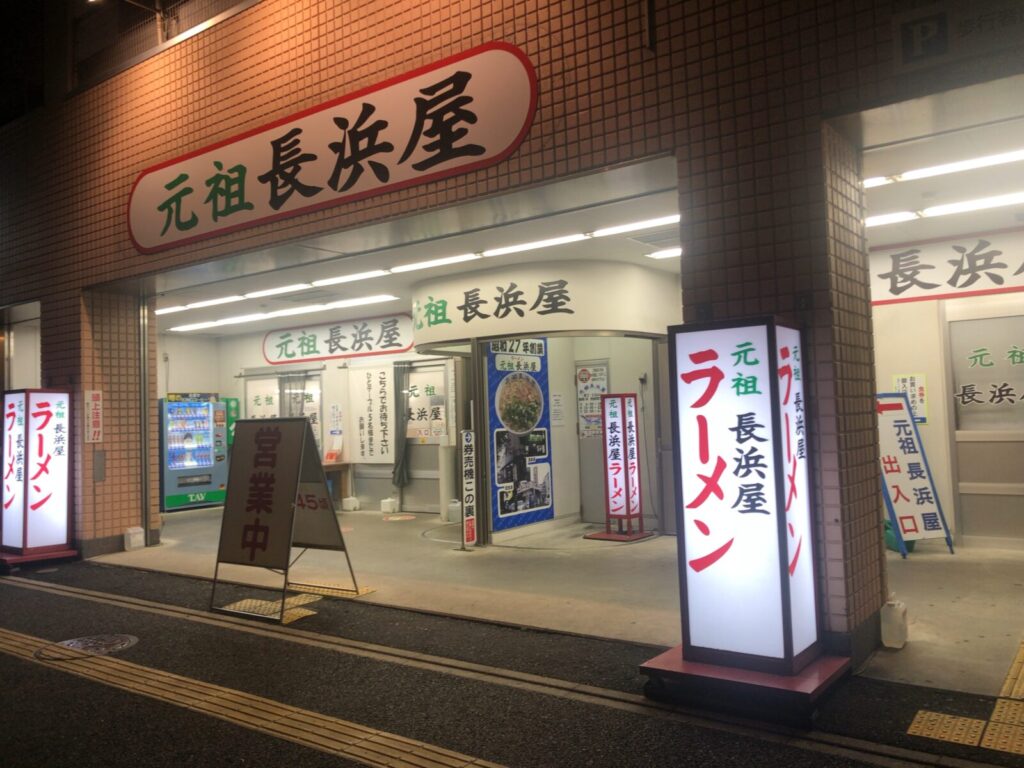
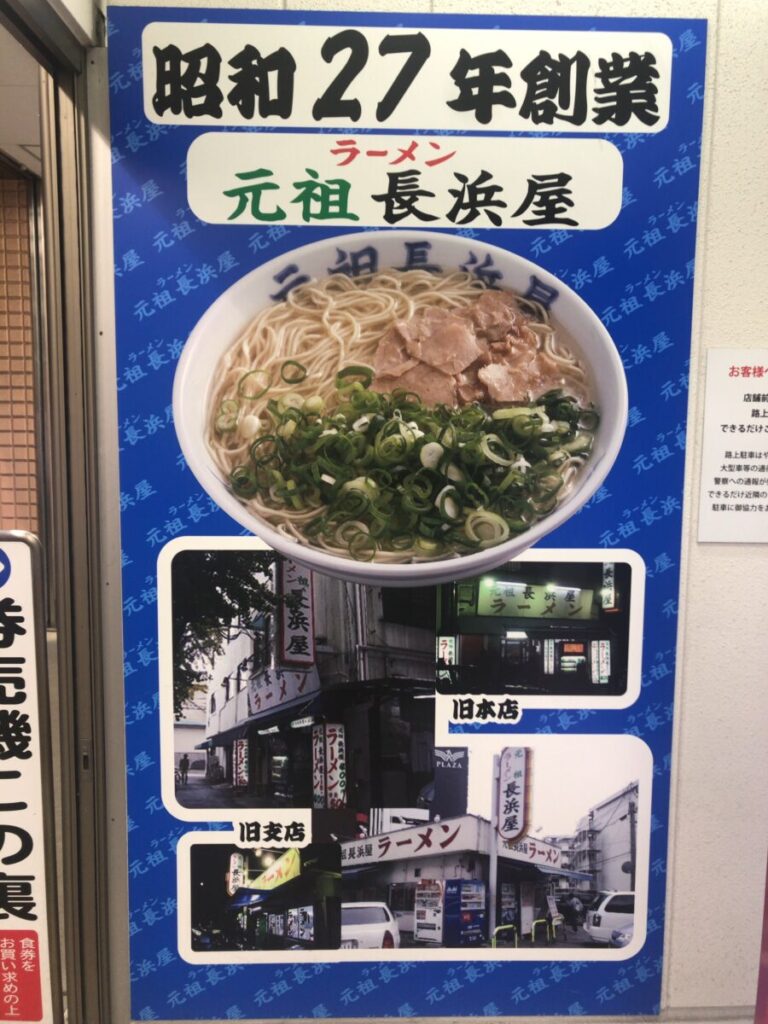
Ganso Nagahama-ya is the originator of Nagahama Ramen. It was established as a street stall in 1952 and later transitioned into a restaurant. Despite moving within the Nagahama area, it has maintained its traditional taste as a long-standing establishment.
Inside “Ganso Nagahama-ya”.
The ticket vending machine is located outside the shop, so you purchase your order there before entering the store.
By the way, for extra noodles(kaedama) or additional pork(kaeniku), it might be better not to purchase them from the vending machine beforehand. The regular serving is quite filling, so try it first. If you want more later, just ask the staff inside the shop.
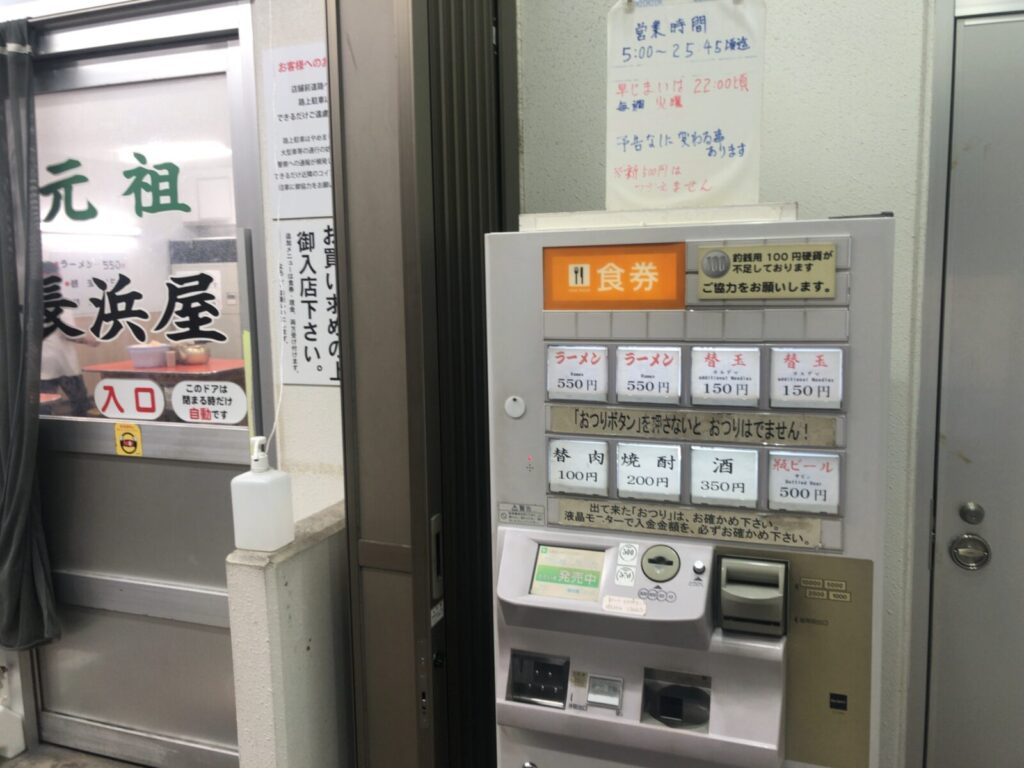
I bought the ramen ticket and entered the shop. It was 8:30 PM on a weekday, and the place was not crowded. I think I had good timing, as it’s usually busy.
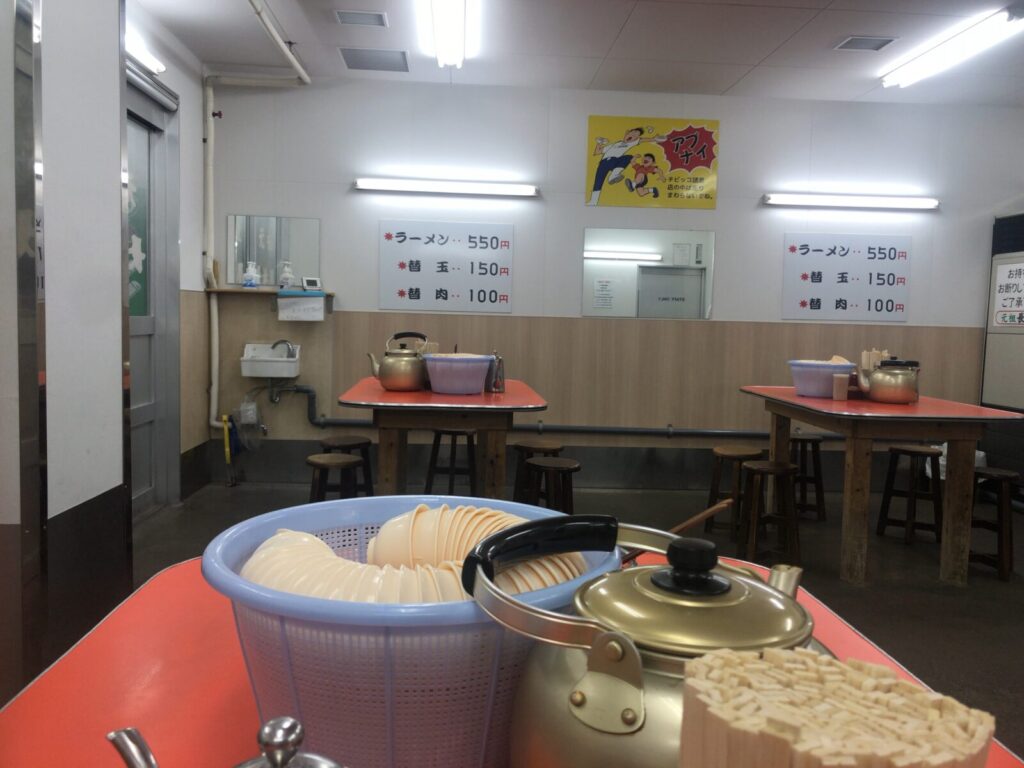
As soon as you enter, you need to specify the firmness of the noodles, the amount of green onions, and the amount of oil you want. If you forget to mention this here, you’ll get a “regular” ramen in about 30 seconds. They serve very quickly.
I ordered my noodles with a slightly firmer texture (kata). Locals often request it this way. The amount of green onions and oil is normal.
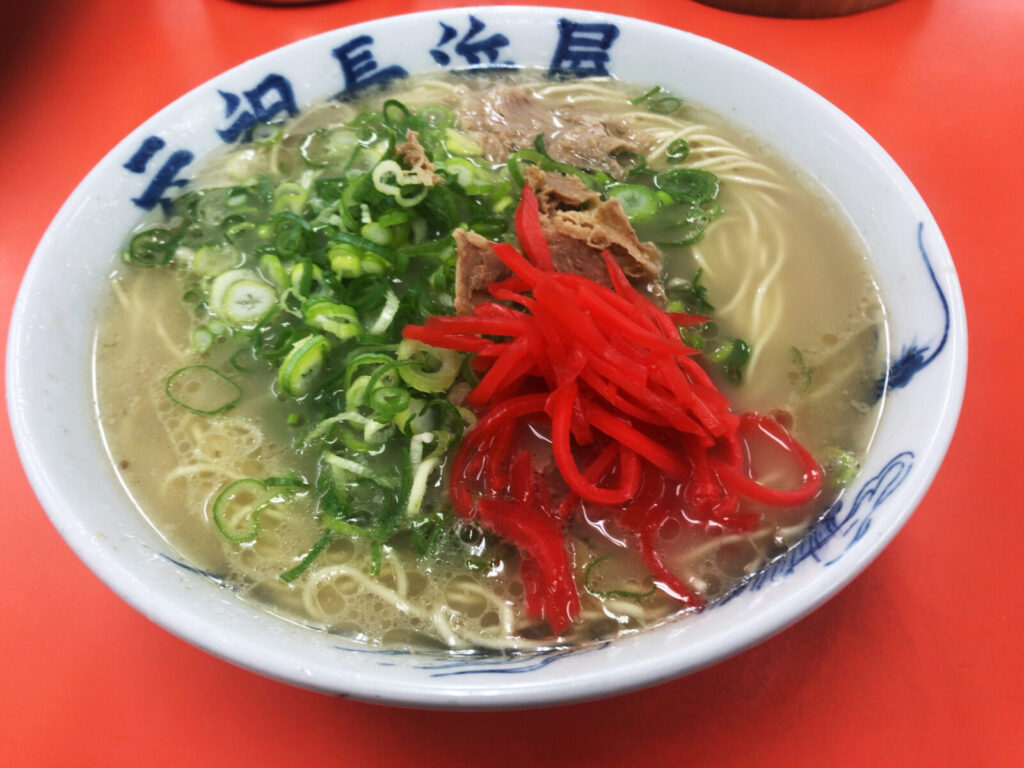
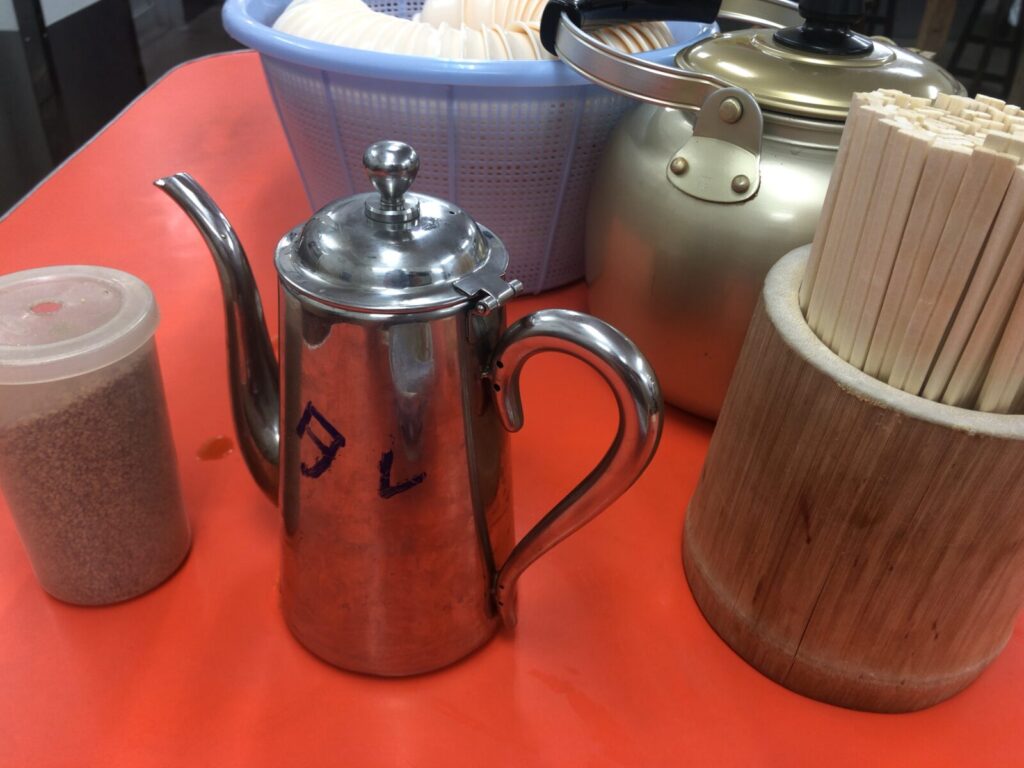
The flavor is mild, so you can adjust it according to your preference by adding the “sauce” from the table. However, be cautious not to add too much. Add a little at a time while tasting, as adding too much can make it too salty.
The taste is certainly good, but it’s not incredibly amazing. If I were to compare based purely on taste, I think Hakata ramen is better.
That’s natural, as the philosophies behind them are different. Long ago, Nagahama ramen was originally created for the workers at Nagahama’s fish market. It was designed to be affordable, served quickly, and with a light flavor that’s easy to eat early in the morning. It’s a different philosophy from Hakata ramen, which aims for higher prices while pursuing a deeper flavor.
Indeed, even so, there are many local fans of Nagahama ramen. It can truly be called Fukuoka’s soul food.
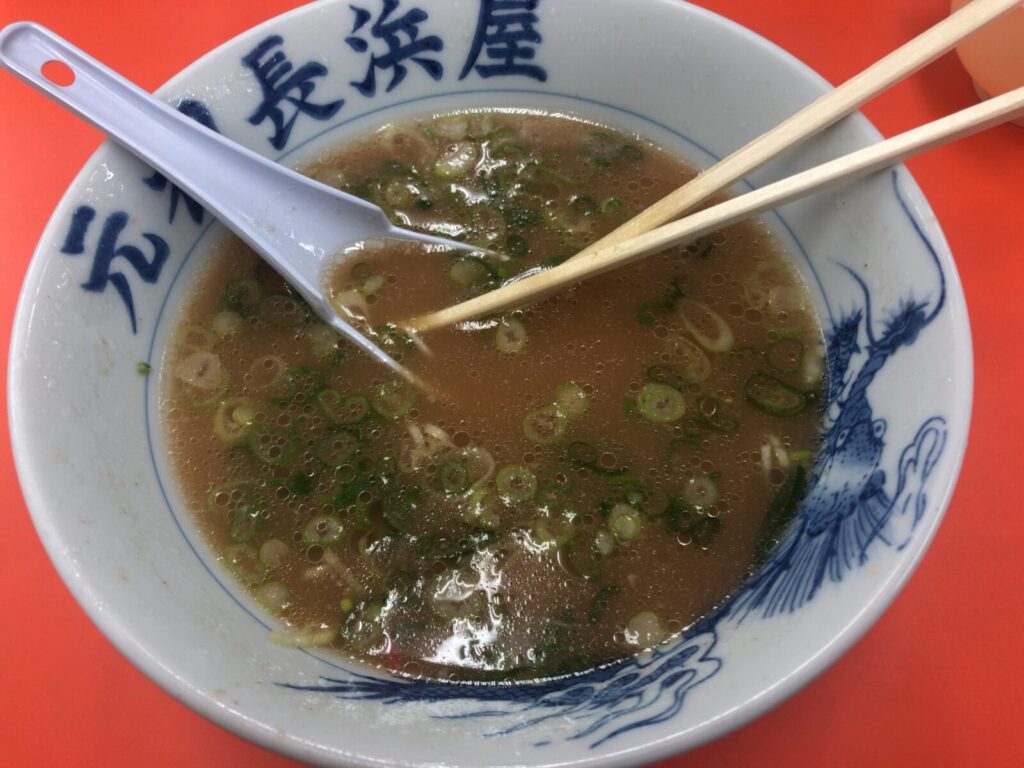
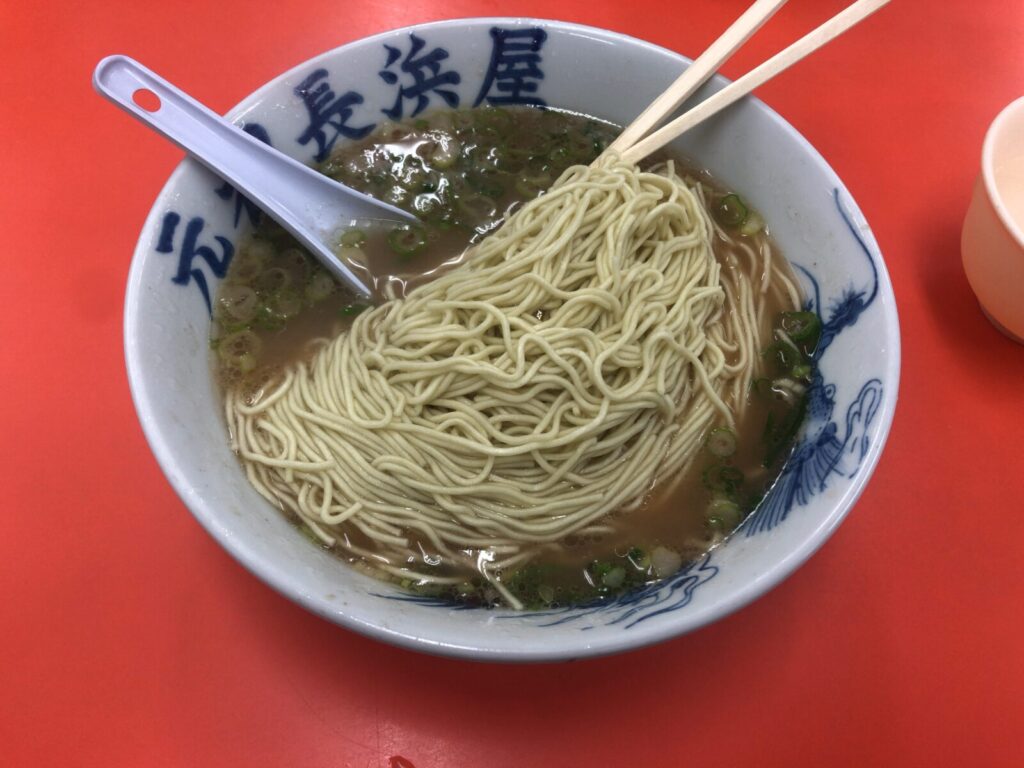
Left some soup in anticipation of getting an extra serving of noodles. Then, ordered an extra serving with firm noodles (“barikata”) without needing to go back to the ticket machine outside – the staff took my order verbally.
Marutai has released a Ganso Nagahama-ya instant ramen!
Check out my review of it here.
Available on Amazon Japan:
Where is “Ganso Nagahama-ya” located?
| Shop name | Ganso Nagahama-ya |
| Access | A 10-minute walk from “Akasaka” station (Exit 1) on the Fukuoka City Subway Kūkō Line. |
| Business hours | [Mon, Wed, Thu, Fri, Sat, Sun] 5:00 AM – 1:45 AM (Next day) [Tue] 5:00 AM – 10:00 PM |
| TEL | 092-711-8154 |
| Closed days | 12/31〜1/5 |
| Dining format | Dine-in → 〇 To go → × Food delivery → × |
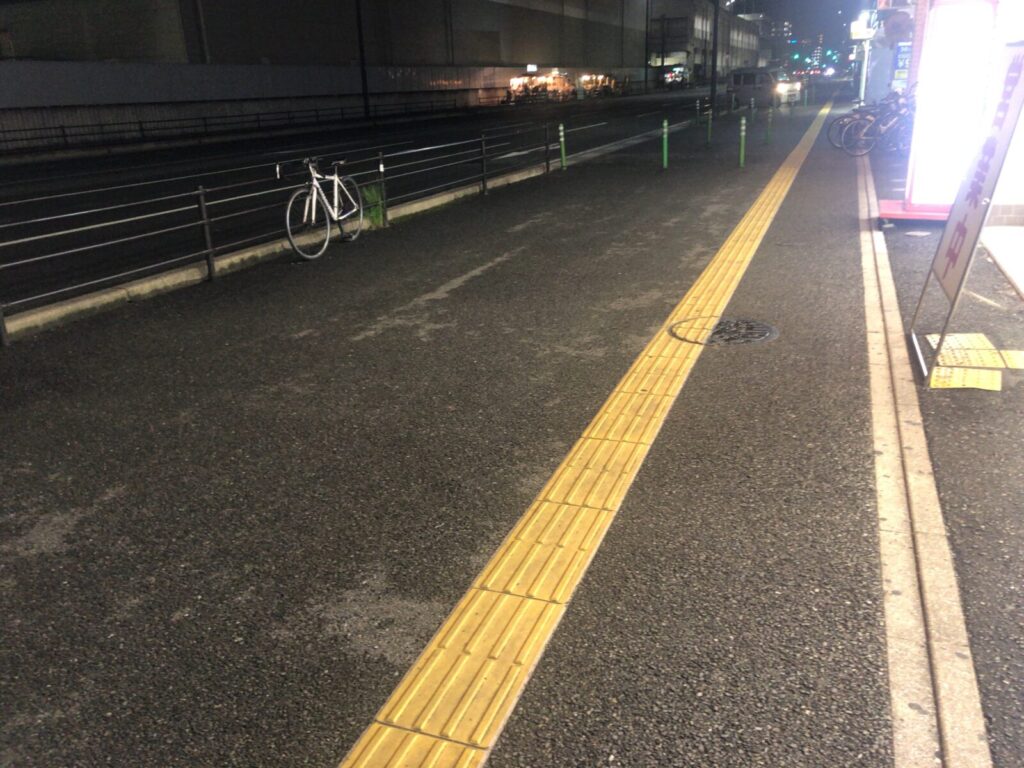
It seems possible to park bicycles on the wide sidewalk in front of the store, even when coming by bicycle.
Summery
The origin of Nagahama Ramen can be traced back to “Ganso Nagahama-ya,” a ramen shop catering to the workers of the fish market. It operates from early morning until late at night, offering affordable prices and quick service. The noodles are thin, and the soup has a slightly light taste.
While it might not be highly recommended for tourists, if you’re interested in experiencing a unique aspect of Fukuoka’s culture, then trying “Nagahama Ramen” is worth considering.

